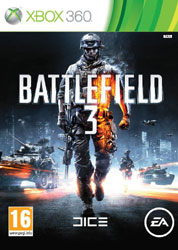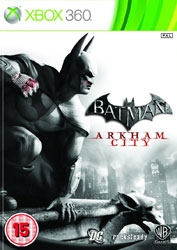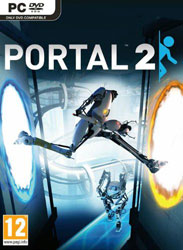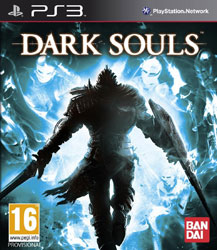There is some good in the ruthless drive of technology, pushing gaming forward into easily defined generations of hardware, in that it’s allowed phenomenal progress in only a few decades. The downside to such rapid development, though, is that the past gets left behind, and without efforts to preserve it, it’s lost.
I can watch any almost any movie from any decade on some form of disc or streaming service nowadays, even if they were produced decades before digital video, the Internet and even televisions existed, and it’s essentially the same experience as anyone who saw it on day one. I can walk into any of a range of high street shops and find popular films from the 30s and 40s, brand new and easily accessible.
Contrast that with games. Try finding a particular game from outside the top 40 new, or anything but the most popular games from last generation. Try finding anything from the generation before that. There are, of course, services like Good Old Games, which are certainly good things, but what happens to games from long-dead developers or ones that aren’t deemed commercially viable? What route is there to play, say, Spectrum games? PC Engine? Almost any system has at least a couple of gems, but it’s impossible to play them without getting lucky on the used market or resorting to piracy, both of which we keep hearing are as bad as each other from the publishers’ perspective.
Some classic publishers like Nintendo and SNK are still going concerns in one form or another and so can offer their older games, and that’s fantastic. I’ll happily support those offerings, especially those that allow me to pick and choose reasonably priced and well-emulated individual games. But for plenty of older material, that’s not an option – it’s not like you can download some C64 games onto Commodore’s latest machine.
It’s when you start looking into community-led preservation efforts that you realise how much better they are than their official equivalents. Perhaps the best example is World of Spectrum, which not only functions as a massive database of information on Speccy games but also offers the majority of them to download or to play in a Java-based emulator directly on the site. Scans of covers, cross-referenced articles from the magazines of the time, meticulous attempts to preserve every version of every game, and all with the admirable ambition of being a comprehensive, free museum for an important period in gaming history. It’s not done for profit, and when actual games are offered to download, it’s done with the permission of the original developers and publishers.
Even for classic hardware without the following to sustain a site of such size – or, perhaps less defensibly, those from a couple of generations ago that are still the subject of poorly emulated and overpriced compilations – chances are a glance at certain more seedy websites will unearth a torrent with every game and an emulator, tied up in one handy download. Illegal or not, until this industry takes a step back and realises how inaccessible its past really is, I’m crediting the pirates there with providing a valuable service.
New games are increasingly encumbered with DRM, sometimes to the extent that the game will become unplayable if the studio and its authentication servers ever go offline. That’s all well and good now, but the experience of the last few years and the fact that it only takes a glance at the big developers of the SNES generation to see how few of today’s will still be around in another decade suggests that the only hope for the future playability of those games is either to hope that studios in their death throes have the wherewithal to produce a patch to nuke the DRM or to let pirates do it. Only one of those options is anywhere close to being a sure thing.
It’s important to note that I’m not going to support those who are pirating current games because they want them without paying, even if it’s those people’s work that ultimately allows the mass archival that I’m championing. The best examples of these projects are done on long dead platforms that aren’t going to cost anybody any money, and taking revenue from the industry – and, arguments over exactly how much aside, it does cost publishers money – will only affect what is left to preserve in the future.


 Yes, really.
Yes, really. Rocksteady threatened to do it with
Rocksteady threatened to do it with  Valve was robbed by a last-minute goal here. Portal 2 comfortably led the race to be the best game of the year for much of the calendar as we suffered through the paucity of releases, only being pipped when other great developers got their arses in gear and, you know, actually released some games.
Valve was robbed by a last-minute goal here. Portal 2 comfortably led the race to be the best game of the year for much of the calendar as we suffered through the paucity of releases, only being pipped when other great developers got their arses in gear and, you know, actually released some games. Because seemingly nobody else can, I’m going to give my opinion on Dark Souls without mentioning the fact that it’s really hard. Apart from that time. And to say that it’s not as hard as some drama queens have made out.
Because seemingly nobody else can, I’m going to give my opinion on Dark Souls without mentioning the fact that it’s really hard. Apart from that time. And to say that it’s not as hard as some drama queens have made out.